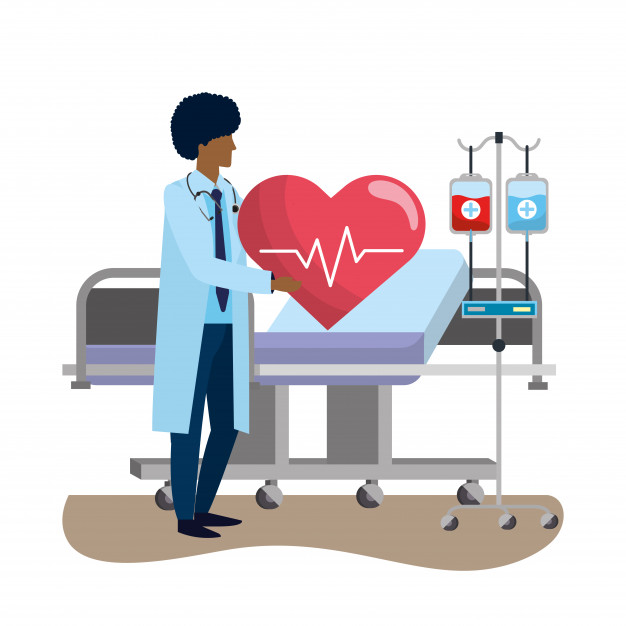Get paid to make donations at Access Clinical
There are a few factors that decide the qualification of a donor. If you have an ailment or any inquiries related to cytomegalovirus blood donation, Access Clinical can answer them for you and assist you with understanding the process before your donation. We screen each donor before their donation to limit any danger of contamination and to ensure the well-being of the donor also.
You may encounter a few side effects after your cytomegalovirus blood donation which can include feeling light-headed. If you feel unwell upon the day of the donation, we recommend you to remain at home and return on a day when you feel fit and fine. Pregnant ladies need to hang tight for at least a month and a half after giving birth to donate blood at Access Clinical.
If you don’t have adequate iron levels or experience sickness, you cannot donate. After donating blood, you’ll need to go through a test that will decide your hemoglobin levels. If you have low iron levels, you’ll need to stand by until your iron levels increase so you can be qualified to donate. You should stay away from a wide range of hard work and exercises after your donation and ensure that you get sufficient rest for that day.
Giving blood is a significant activity that each healthy person ought to do. Cytomegalovirus blood donation at Access Clinical is a fulfilling and advantageous action that causes you to feel good about helping others while bringing in money consequently! By eating well and keeping yourself hydrated, you can donate easily.
Your body will promptly supplant the lost blood and you will feel totally fine once more. A solitary donation of yours will help save up to 3 lives and help emergency clinics and facilities keep a fundamental inventory of blood that will be useful for patients who face crises. If you feel weak, feel unwell, got a tattoo recently or are pregnant, you should talk with a specialist before giving blood.
